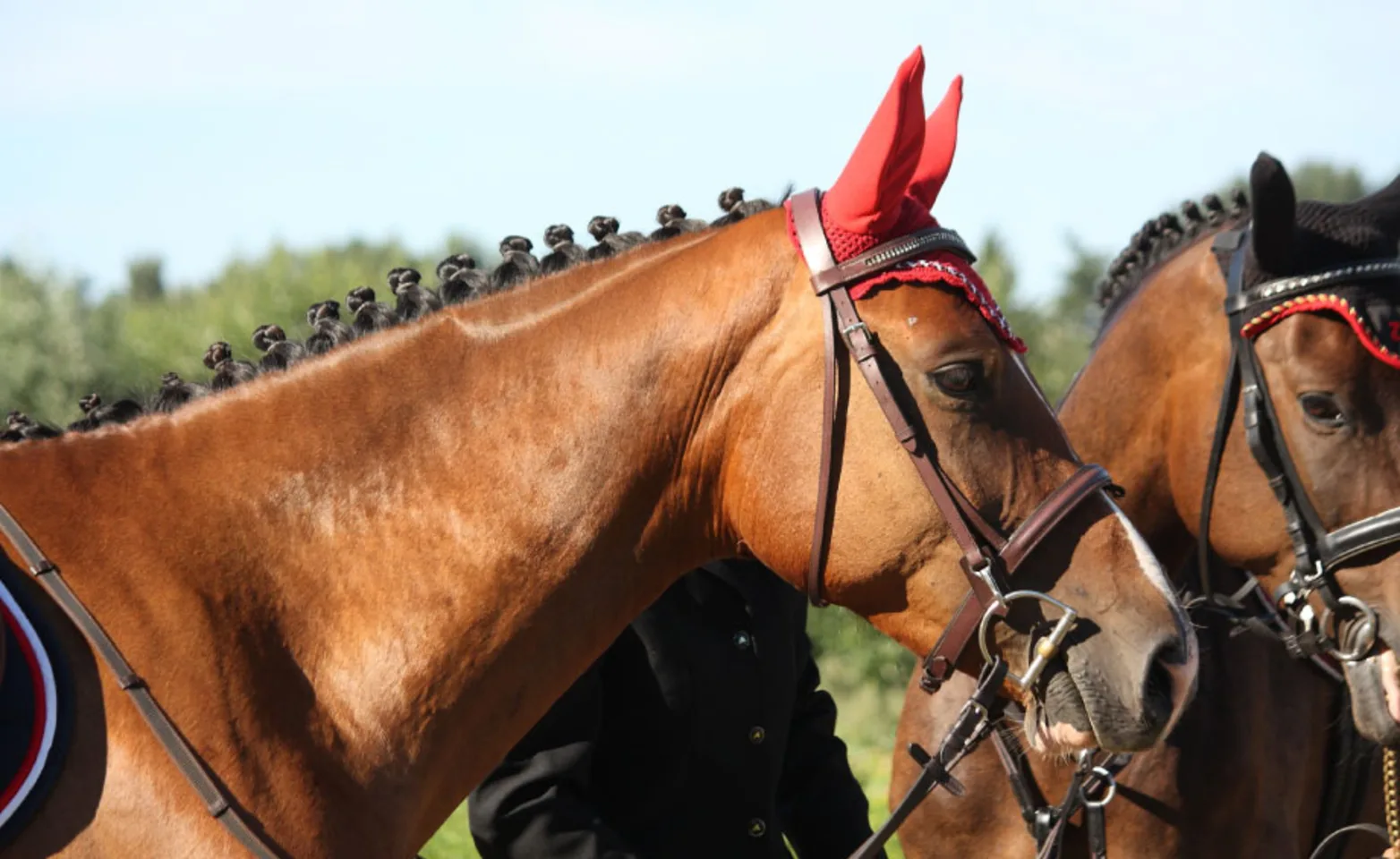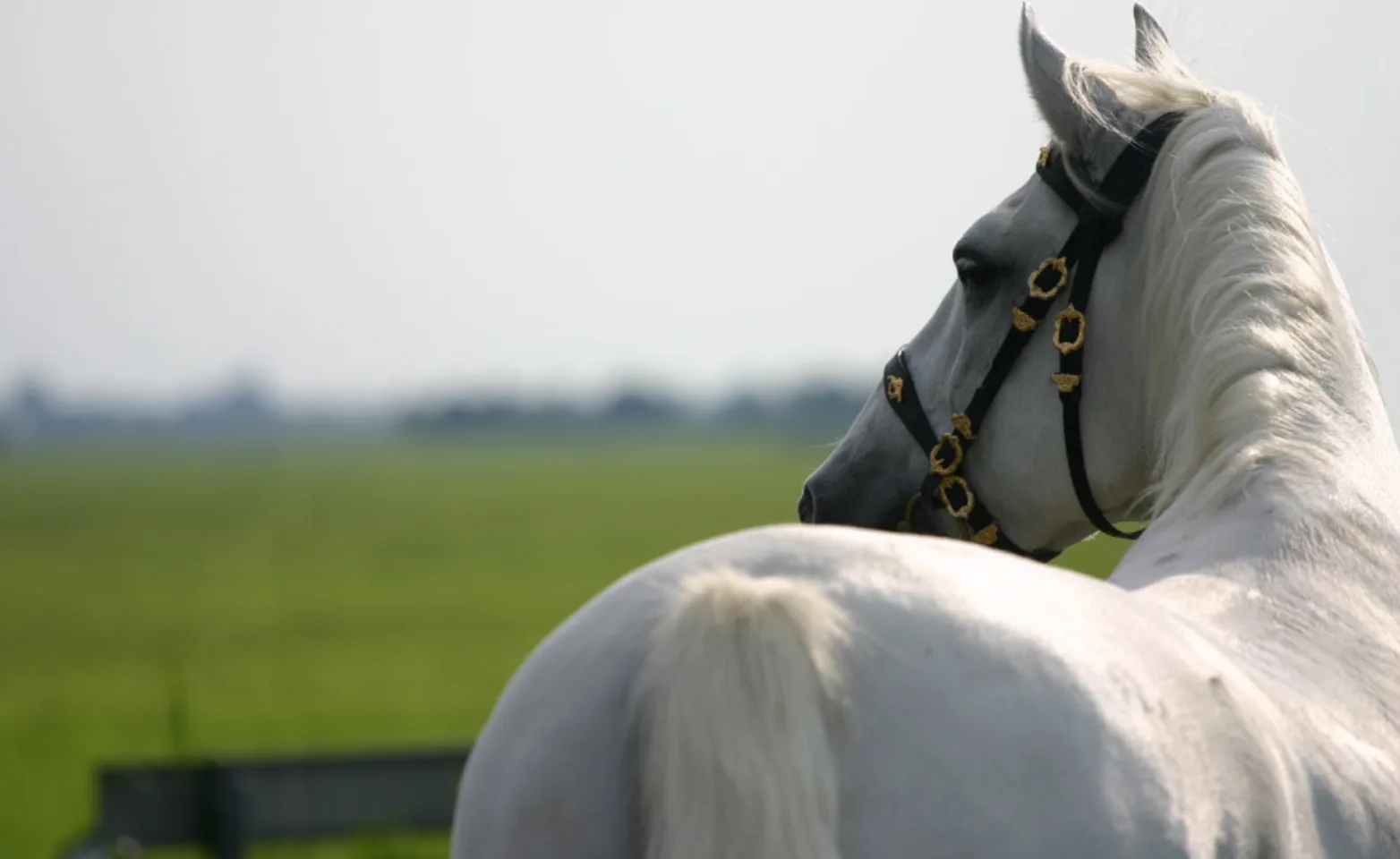Massachusetts Equine Clinic

Causes of Ulcers
Ulcers are caused by stressful situations, such as:
Traveling
Competing
Weaning
Hospitalization
Training
Exercise
Social regrouping
Unfamiliar environments
An inconsistent feeding schedule

Symptoms of Gastric Ulcers in Horses
Altered eating / drinking behavior
Weight loss
Recurrent colic
Change in attitude (for the worse)
Less-than-optimal performance
Diarrhea
Poor coat
The only way to definitively diagnose the presence of gastric ulcers in a horse is through a Gastroscopic Examination. A small camera in a flexible cable is passed through the nostril, down the esophagus, and into the stomach to examine the stomach lining to check for the presence of ulcers. The horse must be fasted and sedated for the exam.
Massachusetts Equine Clinic is able to perform Gastroscopic Exams either in the hospital or at your farm. If gastric ulcers are present, the only approved treatment for equine ulcers is Gastrogard, a daily paste. The frequency and duration of treatment is determined based on the severity of the ulcers.

